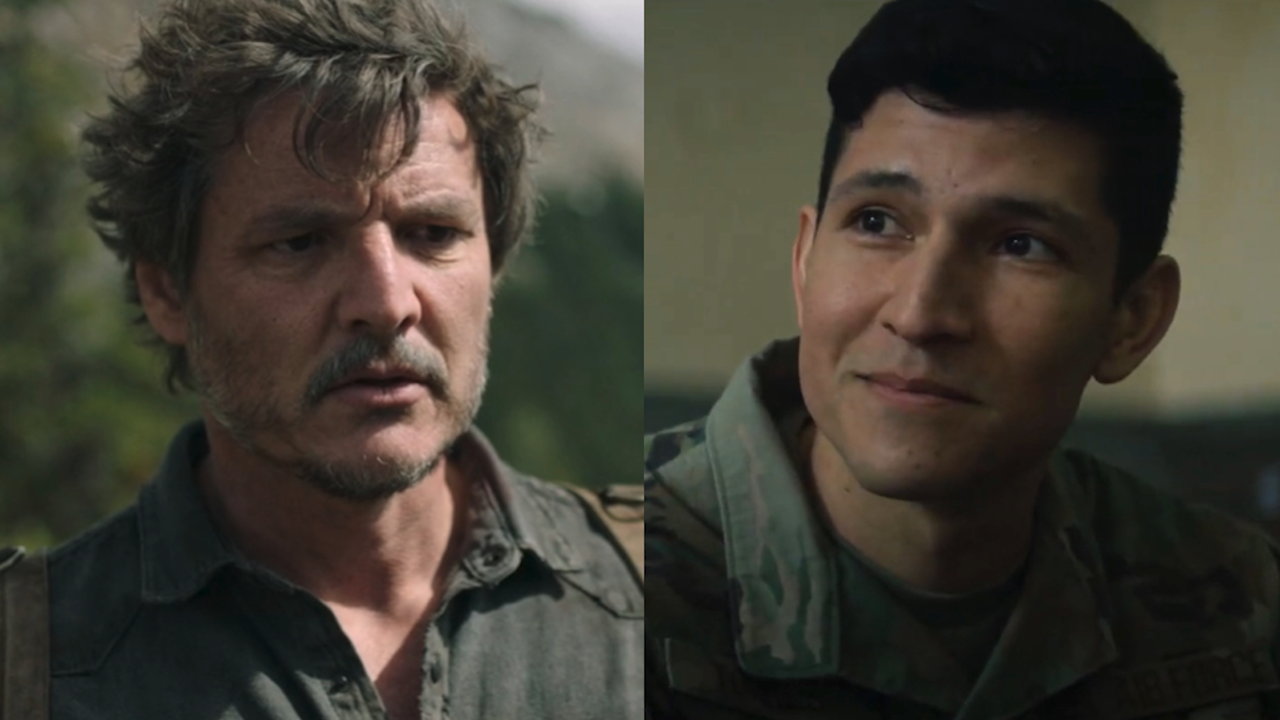The beginning of the surprisingly pleasant 3 Days To Kill is the sort of typically-obnoxious blast of violence that most films feel the need to force onto audiences to jolt them out of their seats.
After that brief ballet into brutality, however, McG's Parisian-set thriller launches into its opening credits. Running contrary to the body count, Ann Peebles' gorgeous, downbeat "Trouble, Heartaches And Sadness" scores a quiet backseat ride by disaffected spy Ethan Renner, an appealingly aging Kevin Costner.
Like the film’s best sequences, this is a modest departure from the cacophonous slapstick-fest we’ve been promised by the film’s ad campaign, instead languishing within Costner’s old-school charisma and weathered charm. With the bullets and the decapitations of the first few minutes out of the way, the picture settles into a sense of confidence, one overseen by the sparse opening credits, skipping over nearly all technical credits to rush to Directed By McG. Even the influence of writer and superproducer Luc Besson can’t sway this: unquestionably, this is McG’s movie.
Costner’s Renner, a field agent who has seen too many corpses, is an appealing reject from the opening credits onwards. Dressed like an unassuming Dad, Costner resembles a treasured sweater balled up in the corner of your room. Familiar, neglected, yet dependable. This is one super-agent that isn’t necessarily getting “too old for this shit.” Instead, he’s developed a brain tumor that’s given him only months to live.
As regret sets in, he returns to France to reunite with his estranged wife (Connie Nielsen) and hormonal teenage daughter (Hailee Steinfeld). But a mysterious CIA operative named Vivi (Amber Heard), seemingly materializing out of thin air, offers him an experimental chemical cocktail that can keep him alive, as long as he completes the botched mission at the film’s start, chasing a Euroscum terrorist who goes by the name The Albino, and who now hides among the French.
Not much of the plot makes any sense. Why recruit Renner when Heard’s mysterious and well-armed Vivi seems to constantly be within walking distance of all the film’s action sequences? Heard, like Nielsen and Steinfeld, keeps weaving in and out of the film whenever she’s needed, never providing an actual distraction from Ethan’s spy work. The constant but non-obtrusive inclusion of old home movies within the narrative just serve to further skew that time is an amorphous concept at the heart of the film. The three days are in the title, but the movie might as well take place over 10. Renner’s condition further clouds matters, as he slips in and out of consciousness freely: considering the name of the film, this picture offers almost no immediacy whatsoever. Even The Albino is simply being pursued not because of his nefarious plans, but because he’s merely hanging out, waiting to “do villainy.”
This works because director McG has finally stopped caring what other people think of him. No studio filmmaker has been more desperate to be liked than the man who brought us two candy-colored Charlie’s Angels movies. His career reached a nadir with would-be blockbuster Terminator: Salvation, where he ditched his bright pop-art savvy by attempting to ape the aesthetic of war-torn villages. It came across as a Neiman Marcus Apocalypse of immaculate shanties and excessive scarves.
Your Daily Blend of Entertainment News
The director tried to make a complete reversal with his last film, This Means War, but watching that film was like walking down an aisle at Target where there’s nothing you can imagine buying. His superficiality has always been a gift: here it manifests in the film’s pervasive movie-ness. Despite leaving a trail of bodies in his wake, you still register hope that Renner can heed everyone’s advice and slide into a nice suit at some point.
Part of that comes from Costner, the greatest movie star that McG has worked with thus far. No actor of his generation has looked more comfortable in front of a camera quite like the aging, sleepy-eyed lothario. The camera pans across his wrinkles the way your fingertips would glide across leather. Nielsen, who herself still looks magnificent as well, doesn’t have much of a character to play. But when she and Costner lock eyes, it’s magnetic. McG is very clearly leering when she strips to her nightgown. It doesn’t matter: you only notice Costner’s wolfish stare, and undo your top button. Heard doesn’t generate the same chemistry, but she’s one of the few actresses in Hollywood who can come across like she’s trying too hard and still radiate intense eroticism.
As a part of the same commercial- and music-video-brat world that produced David Fincher and Jonathan Glazer, McG still lacks the attention span to assemble a complete movie. The edits to trim this to a PG-13 are sloppy, and the picture’s final 10 minutes are complete nonsensical gibberish.
McG is a pop filmmaker, if ultimately not a nuanced one. But he excels with broad gestures. When Renner’s daughter alters his IPhone to play Icona Pop’s I Love It when she calls, it is a touching cultural exchange between two people struggling to find common ground. And a sequence where a mildly optimistic Renner follows up a father-daughter conversation with a bike ride across Paris is transcendent. The Movie Star was thought dead because The Filmmakers tried to kill them, trapping them within a sea of edits, massive over-coverage, and special effects. But when McG examines Costner’s worriless face as he casually pedals across Paris, smirking and letting the moment wash over him, it suggests that death was premature.

